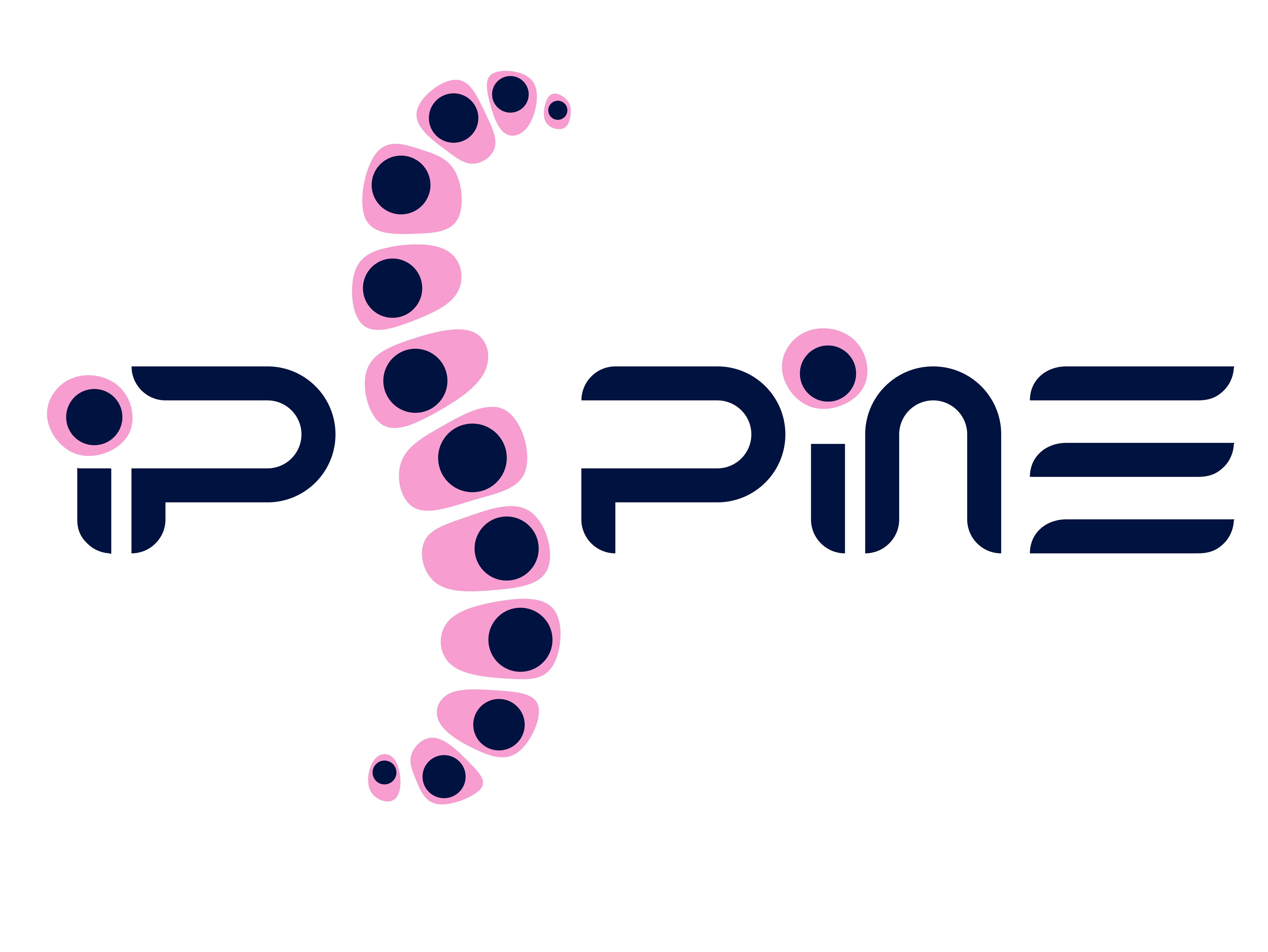iPSpine’s Patient Advisory Board at PCST

Earlier this year, iPSpine attended the PCST conference in Rotterdam! A conference all about creating common ground, PCST focused on the discovery of science communication at the heart of scientific and technological development.
The iPSpine patient advisory board has been hard at work in its efforts to support patient-driven research through the power of science communication. Key member of the PAB, Koert Hommel, represented iPSpine at the conference and had this to say.
“I attended the PCST conference on behalf of iPSpine, a conference about the usefulness and necessity of good and careful science communication. A whole new world for me as a back patient and chronic pain patient. A world that I was able to discover through my volunteer work for iPSpine.
In any case, I think my volunteer work at iPSpine is a great opportunity; to be able to think along about how to involve the general public and back patients in particular in fundamental scientific research, such as iPSpine carries out.
On the PCST website:
The development of science and technology heavily depends on the ability and opportunities of scientists, engineers, business developers, policy makers and the public to create, participate and collaborate with their colleagues, peers, alliances, in research-to-research relations and research- to stakeholder relations.
I learned that behind such research there is a whole world that thinks carefully about how to properly transfer research and results to all kinds of stakeholders, including other scientists, funders, the public, patients, entrepreneurs, and others.
That people put their heart and soul into science communication, really have a drive to do this as well as possible for the research in which they are involved, in whatever role.
Among others, I attended:
- a (fairly theoretical) discussion about trust and mistrust of the general public in scientific research.
- a presentation by about six researchers, or communication people involved in the research, about lessons learned about informing the public
- and of course Frederike Schmitz’s presentation on involving patients in the iPSpine research
What I liked to see was:
- that many young passionate people are involved in science communication
- that much thought is given to possible adverse consequences of parts of scientific research; e.g. unwanted influence, ethical challenges,
- that people dare to be open about mistakes made and lessons learned about science communication
- that these types of conferences are excellent opportunities for extensive networking
For me it was a conference that was quite technical in nature; a lot of jargon and every now and then I had to speed up to keep understanding things. But the common thread in presentations was easy to follow.
And at the same time it was also a great opportunity, a nice consequence of my volunteer work, to get to know this world.
It’s a physical challenge, such a conference; half a day was really the maximum for me as a chronic back patient. It is a lot of sitting, small spaces, short breaks, etc., which makes it not only mentally but also physically intensive. Still, I am happy and grateful to iPSpine and Rheuma Netherlands for giving me this opportunity!”

